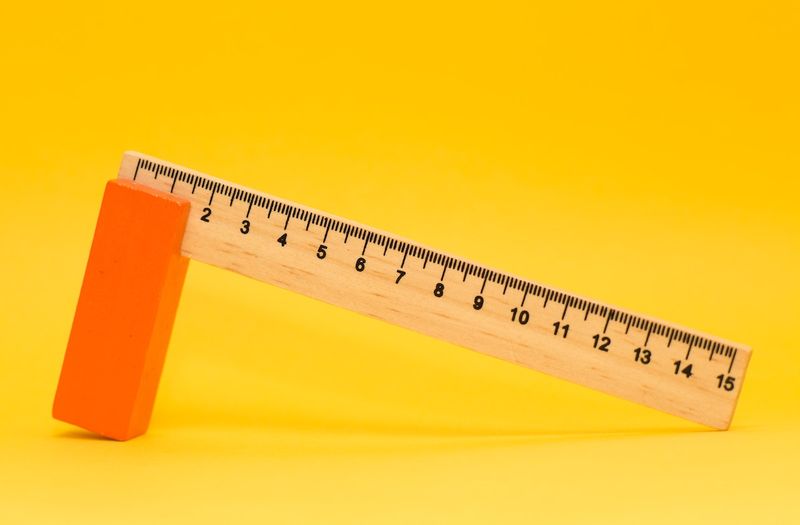Sup breh! This is Taylor ✌️ I'm the CEO of Hedgehog, where you can keep an eye on your crypto investments without the hassle of a million browser tabs or manually updating a spreadsheet. I don't even want to think about how much of my life I've spent manually updating spreadsheets. Oops, just thought about it. Darn, just thought about it again. *curse you Excel gods*
Before tackling anything else, I want to apologize to any readers who received duplicate emails from Hedgehog recently. We found a bug in our onboarding emails setup, which is now fixed. Sorry for bombarding your inbox, I promise it was not intentional! In fact, we freaked out as soon as we realized what was happening, but thankfully most of you were good sports and didn’t report us as spam. Your patience is appreciated! We almost sent another email apologizing, but that seemed almost as bad as awakening an office reply-all chain.
From last week's giveaway question, I learned that a surprising number of you take your coffee black, as deep and dark as Voldemort's soul. Also a surprising number of you know where la biblioteca is. (En la ciudad, naturalmente!)
This week's giveaway question is... well, you'll have to read to the end to find out, if you want a chance to win that Ledger Nano S hardware wallet!
You’ve probably heard people talking about liquidity in the crypto markets. This time the liquid in question is not coffee (though the crypto markets probably also run on coffee). If you’ve been hesitating to ask what “liquidity” actually means, here’s the 101 guide:
Liquidity is a measure of how easy it is to convert an asset to a different asset without affecting its price. It's usually about how easy it is to convert an asset into cash since cash and cash equivalents are often considered the most liquid assets i.e they can be easily exchanged for other assets.
“Hey Tay Tay, can you give me a concrete example?” Sure!
Something that has lots of liquidity: Exchanging U.S. dollars for Canadian dollars is super easy (plus it comes with free tickets to a hockey game and a bottle of maple syrup)
Something with bad liquidity: Want to sell your pair of old Nike Air Force Ones for shares in Gamestop? Good luck.
Hedgeblog writer Lipsa Das walks through why liquidity (or the lack of it) is so important to exchanges, traders, investors — anyone who buys or sells crypto. This is another installment in our ongoing entry-level finance series.
"Hey Tay, I have some complicated follow up questions about fungibility and NFTs." Well, aren't you just a star student!
It’s worth noting fungibility is a factor that affects liquidity. As Lipsa pointed out, non-fungible assets like houses or yachts have idiosyncratic, individual constraints on portability and usage. Thus they tend to be less liquid than arbitrarily interchangeable assets.
So what about NFTs, then? It’s a little different. 1-of-1 NFTs that mimic the traditional high-end art market are not very liquid — they’re hard to snap up and hard to unload. But an NFT from a hot project is a different story, because although the individual NFT is unique, all of the NFTs in a given collection bear the brand imprimatur of the whole venture. So if there’s a lot of demand for the collection overall, that affects the liquidity of the individual NFTs.
Tldr: Look at the coffee cup in front of you. Do you have lots of liquid in this coffee cup? That is not at all what liquidity means. Please ask your parents to schedule a conference for next week.
In a similar vein, Ryan S. Gladwin wrote about best-execution trading, a more obscure concept than liquidity, but one that’s integral to Hedgehog’s competitive go-to-market plan. Ryan interviewed our CTO Colton Dillion to dig into the details:
In traditional finance, you might use a price comparison website to find the best deal to get an asset. The same should apply when buying a token. So if I want to buy Dogecoin, what is the cheapest option? Coinbase? Kraken? A combination of the two? Etc.
Well, unfortunately, this doesn't happen in the crypto space. When purchasing at an exchange (e.g. Binance) they'll only look for the best price within their self-contained ecosystem, not the entire market.
This is mostly because of the relationship between users and crypto exchanges as well as uneven regulatory regimes across the world. In order for you to efficiently get the best price at any given time, you must manually scour every exchange.
In short, best-execution trading is when your service provider — like, oh, perhaps an investment advisor called Hedgehog plus our partner Hopscotch — analyzes the whole market to find you the absolute best price. It can get pretty complicated:
Let's say you want to trade Litecoin for Nano — a trading pair that doesn't normally exist. Normally, you’ll need to buy USDT and then trade it for Nano. However, to get you the best deal, Hedgehog might not take the most direct route to make this trade.
So, instead of going from Litecoin to USDT to Nano, we may go from Litecoin to USDT to BTC to Nano because it will result in the best price for you.
And that’s just an example, sometimes there are like 16 hops to get the best price on a given trade. There’s way more, read all about it!
Tldr: Oh you thought the test was over? Forgot to check the back of the last page didn’t ya. I’m concerned. Please ask your parents to move up their previously scheduled conference with me.
Before letting you go, I have a weird productivity tip to share: Listen to the same song over and over again on repeat while you’re grinding away at code (or whatever you do). Maybe this is more of a coping mechanism than a tip? 😅 But apparently I’m not alone!
In past newsletters I’ve mentioned “Blinding Lights” by the Weeknd. Yes, I’m still listening to it. But another favorite is “Magic in the Hamptons” by Lil Yachty (a.k.a. Lil Boat). Stay cruising brother.
Giveaway question of the week:
What finance or crypto concept should we dig into next on the Hedgeblog?
It could be a principle that you understand and find fascinating, or one that you’re baffled by and want to see unpacked, either type of suggestion is very welcome.
More like litquidity ayyyyy,
— Taylor
To get future newsletters delivered straight to your inbox every week, sign up here!






